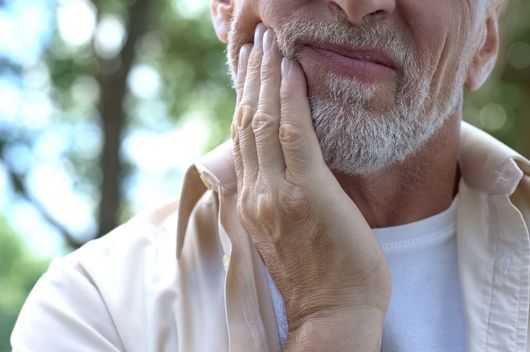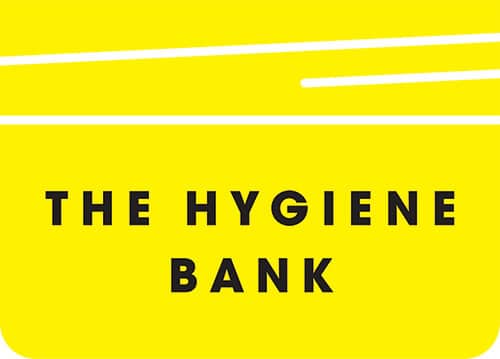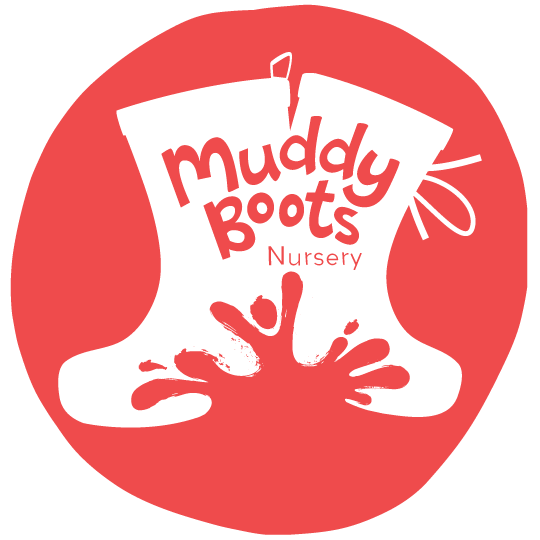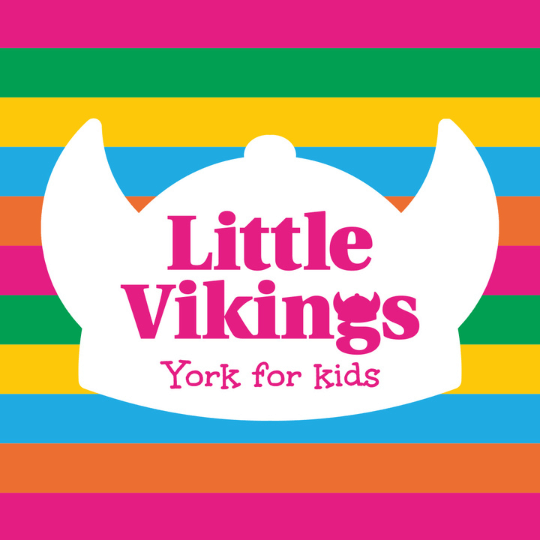What Will My Emergency Treatment Process Involve?
Illness and injuries – they happen to the best of us. And when they do, our expert dentists based near York are here to lend a helping hand. Whether it’s direct treatment, referrals or simply advice, find out how we can help you get back to normal.
What counts as a dental emergency?
First, it is useful to know what a dental emergency looks like and whether or not you need emergency treatment. The main situations we can help with include infections and abscesses; pain, bleeding and swelling; and knocked-out or broken teeth.
What do I need to do in an emergency?
You’ll need to get in touch with our team as soon as possible, so you can be seen as quickly as possible. This could mean the difference between reinserting a knocked-out tooth, for example, and being left with a gap.
What is your emergency treatment process?
There are a few steps involved in an emergency:
Step 1: Contact our dental practice. You’ll first need to get in touch so we can get you seen by our team based near York.
Step 2: Assessment by our dentists. We’ll analyse your mouth, teeth and gums and give you a diagnosis. We may offer treatment same-day, for example extracting a broken tooth, or fitting a temporary crown. We might also take X-rays, prescribe pain relief, or refer you to an expert.
Step 3: Follow-up. Our emergency treatment focuses on stopping pain and providing short-term fixes, like a temporary crown. This means you might need a future appointment to provide a more long-term solution, such as a permanent crown.
What aftercare will I need?
It depends on your situation and is something we would advise on at the time. For example, you might need to complete a course of antibiotics for an infection or take pain relief to manage discomfort from an extracted tooth.
When would a referral be recommended?
There are some cases where a medical expert or even a second opinion might be needed. For these, we can refer you to a specialist or medical facility. Cases, where this might be needed, include swelling and bleeding that can’t be controlled or severe facial trauma.
What if it’s a medical emergency?
In those cases, you would need to contact 111 or, if severe, 999. However, our team might be able to offer guidance if you’re unsure.








